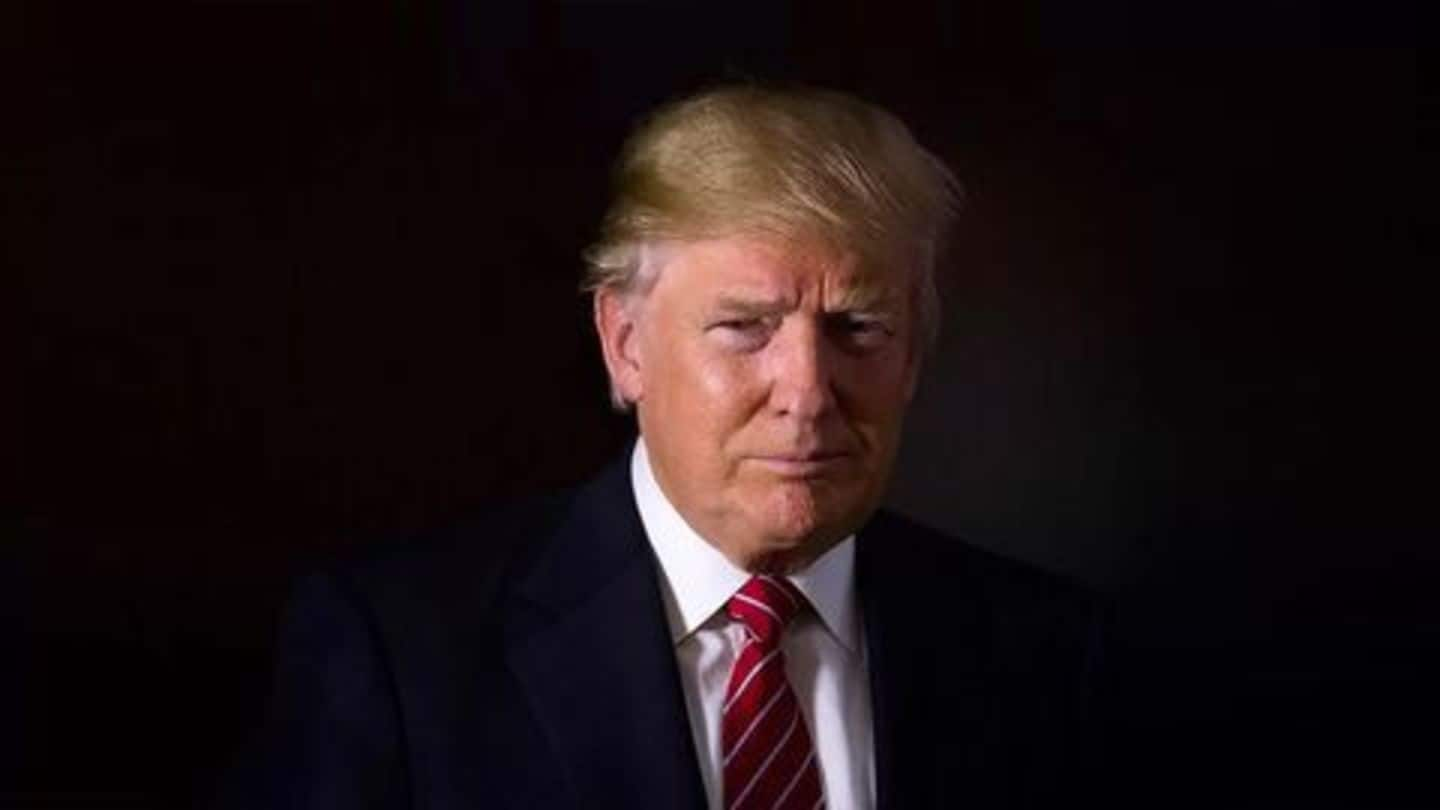
To companies, with love: Trump pledges to remove immigration hurdles
What's the story
Allaying the Silicon Valley's concerns on work visas, President Trump pledged to work with those including the Congress on immigration, so that the companies face no hurdles in "getting the people they want".
Trump was speaking at the American Technology Council roundtable, attended by those including Apple CEO Tim Cook and Microsoft CEO, Satya Nadella.
Does this mean the administration is softening its stance?
Information
What was the discussion about?
The question for discussion as mentioned under the brief presented to the discussants was: "How can the H-1B visa program be modified to ensure that visas are issued to the highest-skilled and highest-paid workers, while also eliminating examples of the program's abuse?"
Background
Trump tightens H-1B norms
President Trump in April signed an order tightening the norms under H-1B following an earlier House of Representatives legislation mandating that "minimum salary of H-1B holders be doubled to $130,000".
A Homeland Security Memo further notified tougher vetting procedures for computer programmers, asking applicant companies to specify programming skills required.
These were in line with Trump's campaign rhetoric promising American jobs to Americans.
Details
Trump's bitter relations with tech companies
Trump's chief strategist Steve Bannon's statement that Silicon valley had too many Asian CEOs had angered US tech companies.
His withdrawal from the Paris Agreement on climate change further seemingly alienated companies, with Tesla CEO Elon Musk stepping down from the President's tech advisory panel.
100 Silicon valley companies including Microsoft, and Apple had protested the Muslim immigration ban, stating it affected their staffing.
Analysis
What does this mean?
Tech companies hold tremendous economic clout in the US economy. Hence, the Trump administration cannot afford to alienate them entirely. The companies on the other hand cannot work efficiently without White House backing.
Trump's constructive approach at the roundtable can hence be understood as the first step towards constructive resolution of immigration issues affecting company operations and the US economy in general.